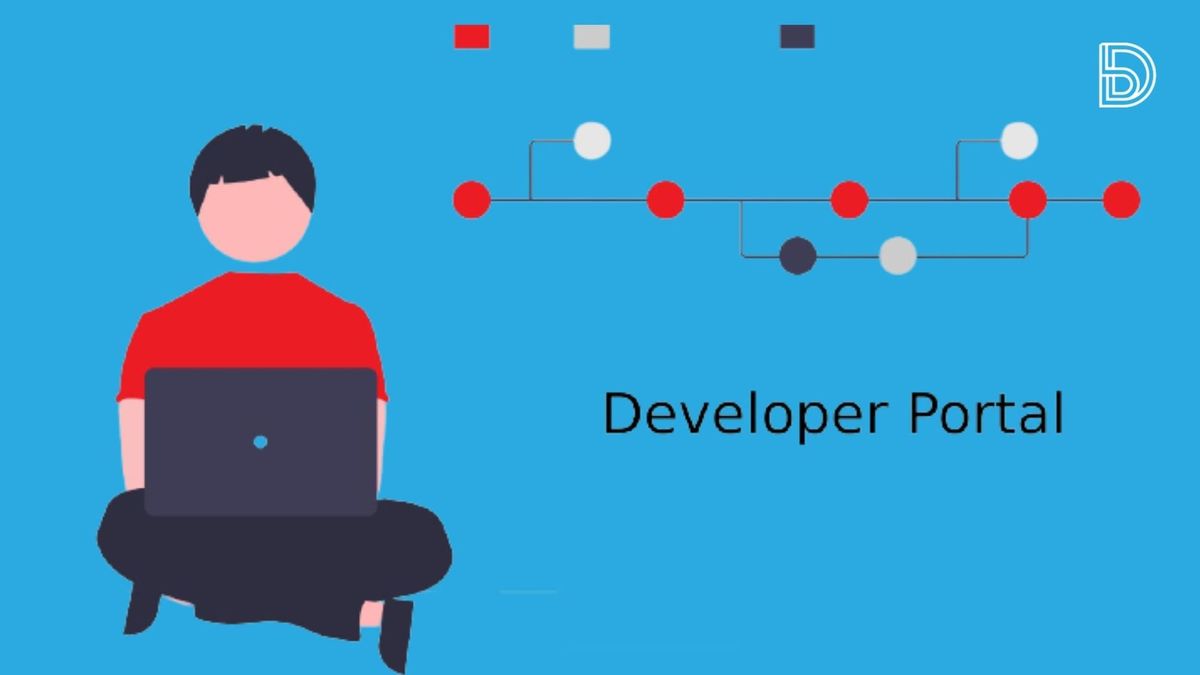Airtel Money launches Developer Portal to provide open APIs
Airtel Money has launched a new Airtel Africa Developer Portal to provide open APIs. How has MTN's API marketplace, Chenosis, fared?

Airtel Money has launched a new Airtel Africa Developer Portal for merchants and e-commerce businesses to create, discover and integrate into its library of open APIs.
An API — application programming interface — is an intermediary between two software applications that allows them to talk to each other. The APIs available on the the Airtel Africa Developer portal allow merchants to collect Airtel Money payments and disburse into Airtel Money wallets.
Airtel Africa Digital Labs, which serves as the telecommunications company engineering hub, created the Developer Portal. Like other digital labs, Airtel Africa Digital Labs develop digital products and technology solutions for Airtel Africa's customers.
"We build products that deliver financial empowerment and drive innovation across the entire customer experience, combining smarter technology with smarter thinking", Airtel Africa Group Chief Information Officer Neelesh Singh said. "We are focused on solving complex problems with the latest technologies and the Developer Portal is just one example of how we are committed to turning this vision into a reality".
"The new Airtel Africa Developer Portal with our fintech open APIs will enable a wide range of businesses to quickly and easily integrate with Airtel Money for digital payments", Airtel Mobile Commerce BV CEO Vimal Kumar Ambat said.
"The Portal has a vast range of possibilities and will make a positive impact to multiple businesses, whether they require to collect payments from Airtel Money customers or they need to disburse payments to beneficiaries. The Portal further contributes to Airtel Africa’s vision of bridging the digital divide, increasing financial inclusion and helping to transform the lives of Airtel Africa customers".
In the Nigerian tech ecosystem, there's an increasing number of API fintechs including Mono, Okra and Stitch. Conversations around open banking are also gaining momentum. And as such Airtel is not the only telco providing API products.
Last year August, MTN had launched a pan-African API marketplace called Chenosis. The objective of the platform is to be a one-stop shop where developers and businesses can access a broad range of API products from across the continent. The APIs include telecommunications, e-health, e-government, Internet of Things, fintech, e-commerce, identity and authentication, payments and collections, and locations.
The marketplace also provides tools publishers can use to monetise and promote their APIs, MTN said. Chenosis marketplace has dashboards for publishers and consumers to track revenue and credit balances, view consumption analytics and API performance.
MTN Group Chief Technology and Information Officer Charles Molapisi said Chenosis is open to all mobile network operators, fintech startups, payment service providers, mobile wallet operators, and financial service providers. "Chenosis is a separate brand and entity, and will have an arms-length relationship with MTN", he said.
But over a year later, from the activities on the website, Chenosis does not seem to be taking off. Only nine of the 29 API products listed are active and most of them are MTN or Chenosis APIs.
Meanwhile Airtel said over 400 businesses across 14 African countries have actively started using its Developer Portal in pilot phase.
It's worthy of note that MTN and Airtel are two of the largest mobile networks in Africa. MTN has about 280 million subscribers across Africa, while Airtel has over 100 million subscribers. They both recently secured approval in principle for their payment service bank subsidiaries, MoMo and Smartcash, in Nigeria.
Business owners can get started on the Portal by signing up. Once they log in on the portal, they can begin to explore the API documentation and start integrating by registering an application. Once the application is registered, new products can be added for a single or multiple countries. Finally, on completion of onboarding and integration, they can then proceed to go live.






